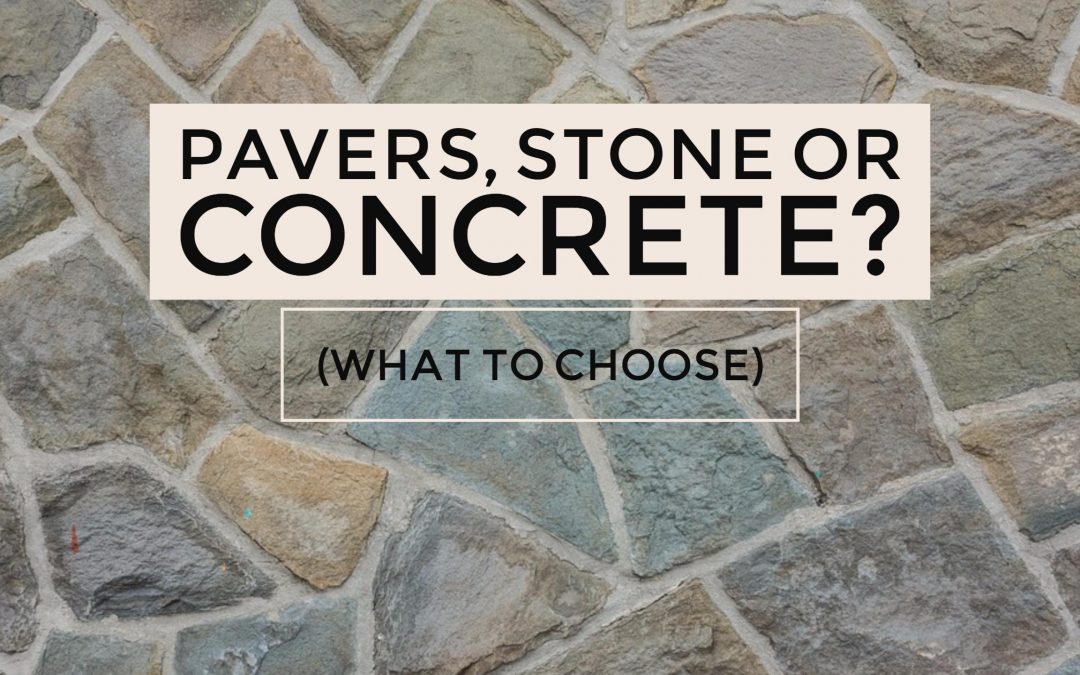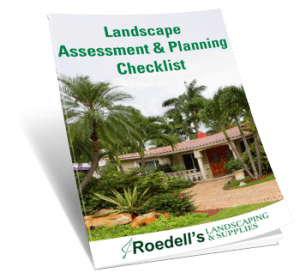Choose Your Hardscaping Materials
Hardscaping your yard not only adds value to your home, but just as importantly, it can help you create a year-round at-home retreat here in Central Florida. And deciding what to use in your hardscaping projects is one of the decisions you’ll need to make.
Read on to learn about some of the pros (and cons) of various materials.
The Materials
Paving materials general fall under either the “quarried stone” or “composite” categories.
Quarried materials can be used crushed, whole or in slabs and include:
- sandstone
- granite
- limestone
- slate
Composite materials include:
- concrete pavers
- brick
- poured concrete
The materials you choose will depend upon your understanding of your home’s architectural style, what will best complement your outdoor spaces, and your budget. So let’s look at the options in more detail.
Stone Materials
Whether you’re using rock chips for gravel, installing a stone walkway or building rock walls, natural stone complements just about any landscape. Using large chunks of natural stone will typically cost two to three times the cost of plain concrete, but if stone is in the budget, it’s a choice you’ll be unlikely to regret, especially if you spend a lot of time in your yard.
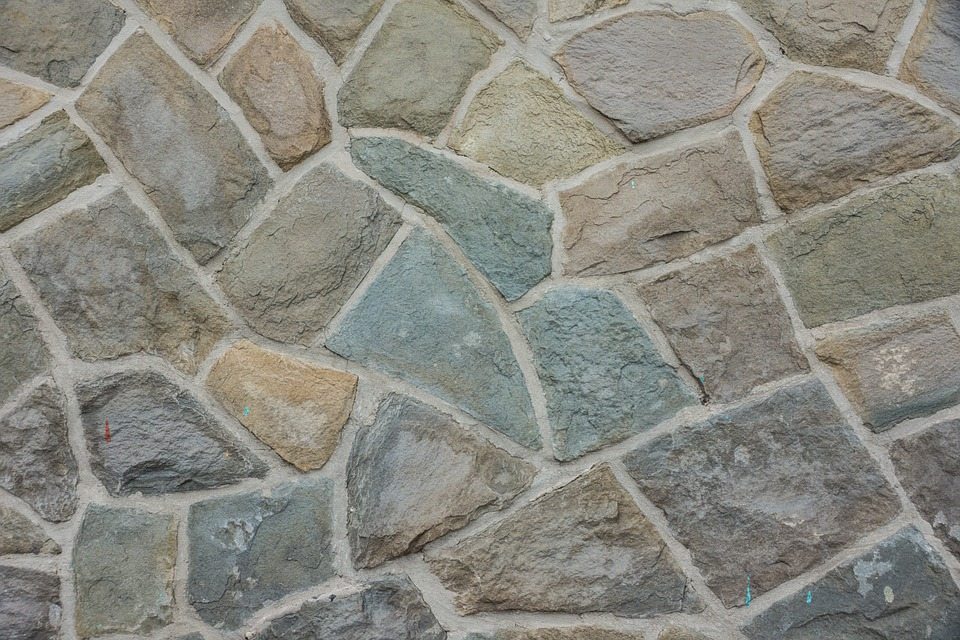
Stone Walkway
Stone gravel, on the other hand, is the most economical of all the paving materials. Gravel is great for areas you’d typically mulch, which can save you a bundle over time. It can also be used for driveways and walkways. The downside to using gravel in areas where you walk is that the surface is uneven and can be a trip hazard.
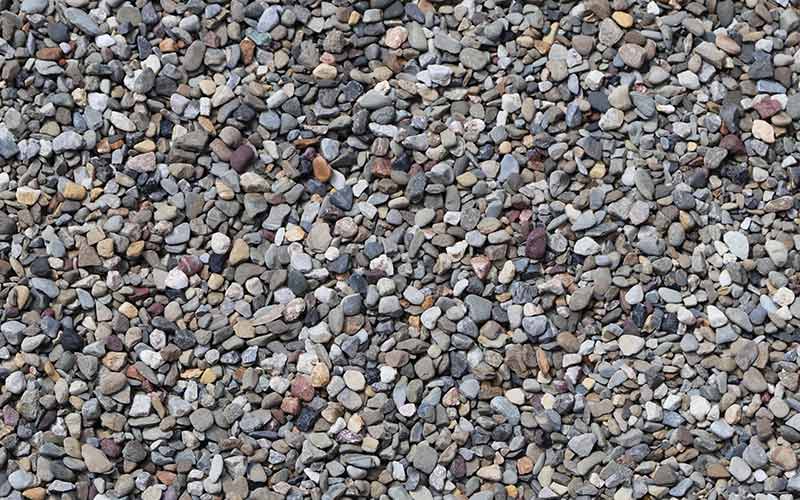
River Jacks
Pavers
Pavers add a level of texture and interest to outdoor areas because the patterns that can be created are so extensive. Including installation, pavers can run from around $11 to $20 a square foot. Their plusses are that if damage should occur, it’s easy to remove a paver and replace it. As well, it’s easy to expand on your initial installation by simply adding more pavers. On the minus side, pavers usually require a little weeding between the blocks unless the seams have been filled with polymeric sand. Pavers can also produce an uneven surface once they settle. That said, pavers are an excellent choice for their strength, durability and easy maintenance.
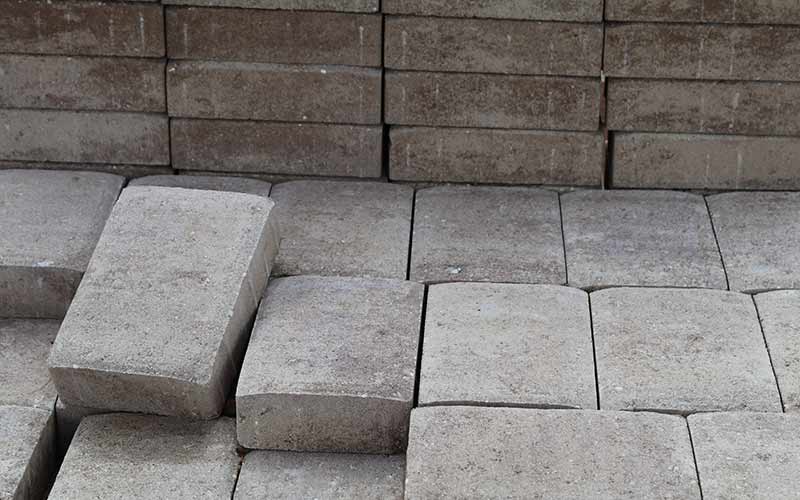
Natural Pavers
Concrete
Concrete is a low-cost option for patios, walkways, and driveways. Depending on several factors, plain concrete can range from $4-9 per square foot. Its plusses are its low-maintenance aspects and general durability. On the minus side, we’ve all seen cracked concrete, which the material is prone to do after some time. Repairing cracks requires total replacement for a seamless look, which is not an inexpensive option. It’s also recommended that you seal concrete every couple of years or so to prevent stains and cracking.
Stamped or colored concrete adds an upscale decorative touch to your hardscaping. Concrete can be stamped with patterns and textures and pigments to resemble brick, slate, pavers, flagstone and more. Decorative work typically runs in the $6 to $15-per-square-foot range.
We have a wide selection of rock, chips, stone, boulders and pavers. Take a look at our shop for specific varieties.
Also, if you’d like an estimate, feel free to contact us here.
